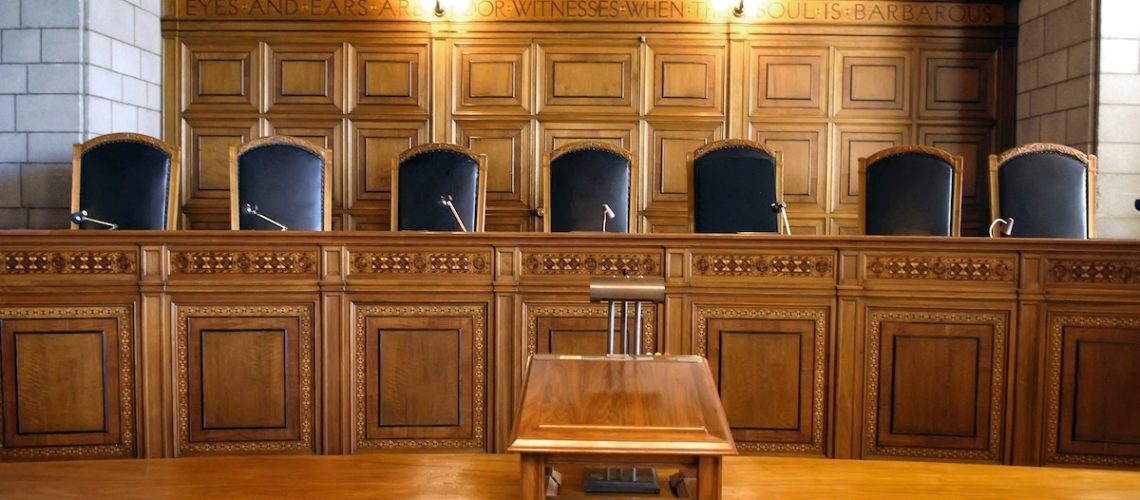After a year of legal challenges, Nebraska’s Supreme Court has ruled in favor of upholding a controversial state law that restricts both gender-affirming care for minors and abortion.
Upholding the Law

Nebraska’s Supreme Court has moved to uphold a pre-existing state law that restricts access to abortion, as well as gender-affirming healthcare for minors, in the face of alleged constitutional violation.
Legislative Bill 574
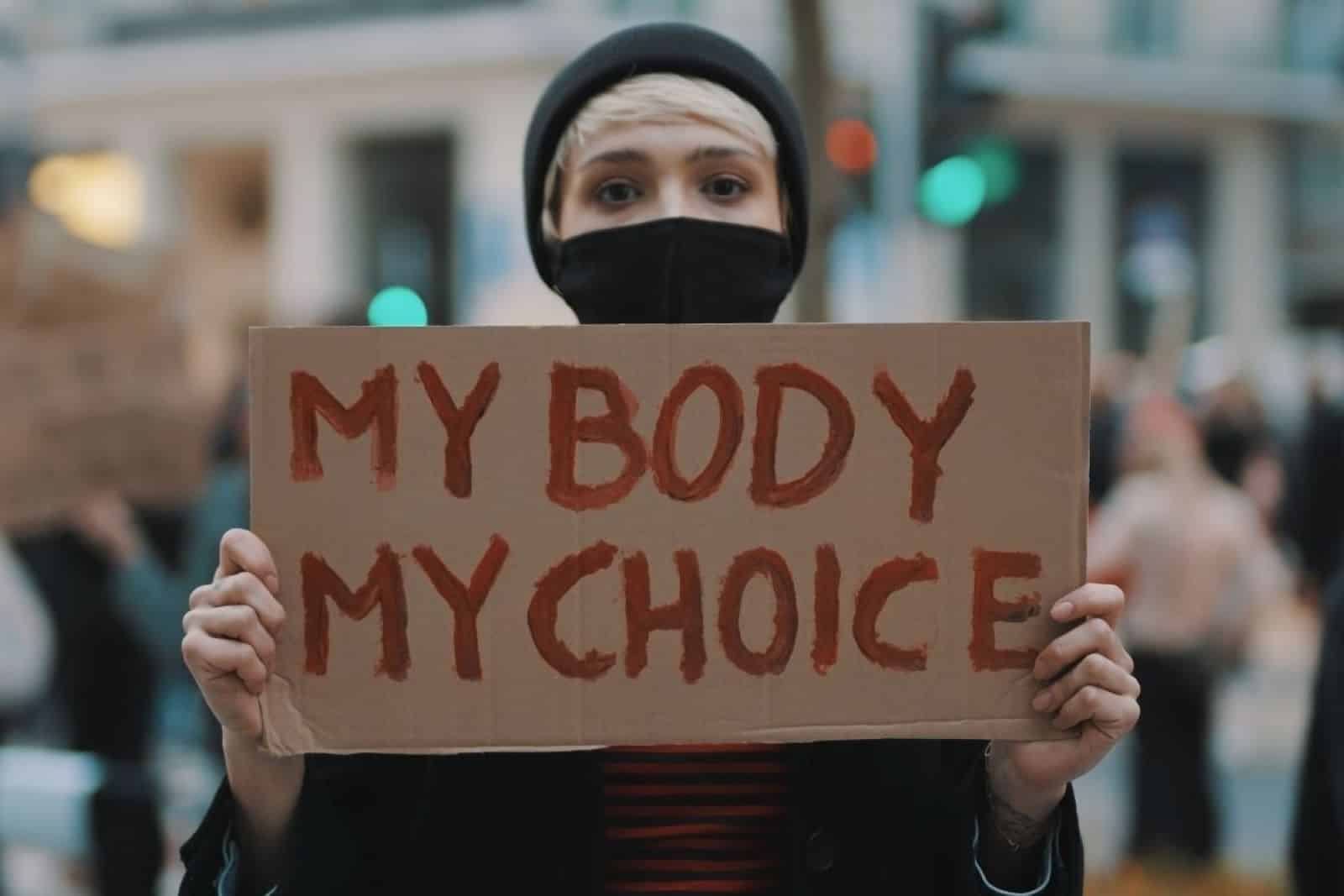
The law in question, Legislative Bill 574, originally only restricted access to transgender care for minors. However, a legislative session last year amended the bill, also using it to restrict abortion access after 12 weeks of pregnancy.
Planned Parenthood Challenge
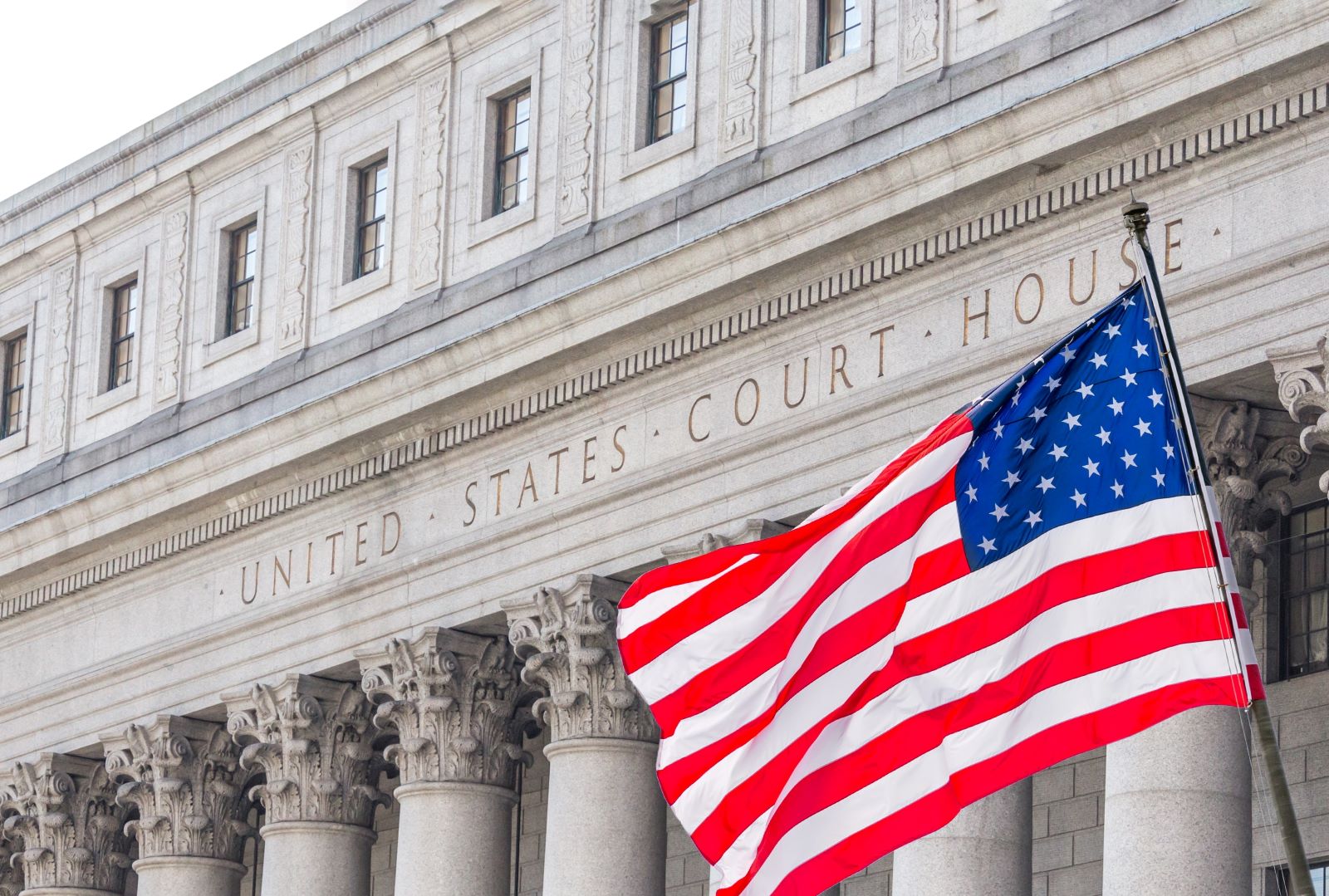
Planned Parenthood of the Heartland, the Planned Parenthood affiliate that offers abortion care across Nebraska, Iowa, and Minnesota, challenged the law in federal court, with legal representation by the American Civil Liberties Union (ACLU).
Violation of the Constitution?
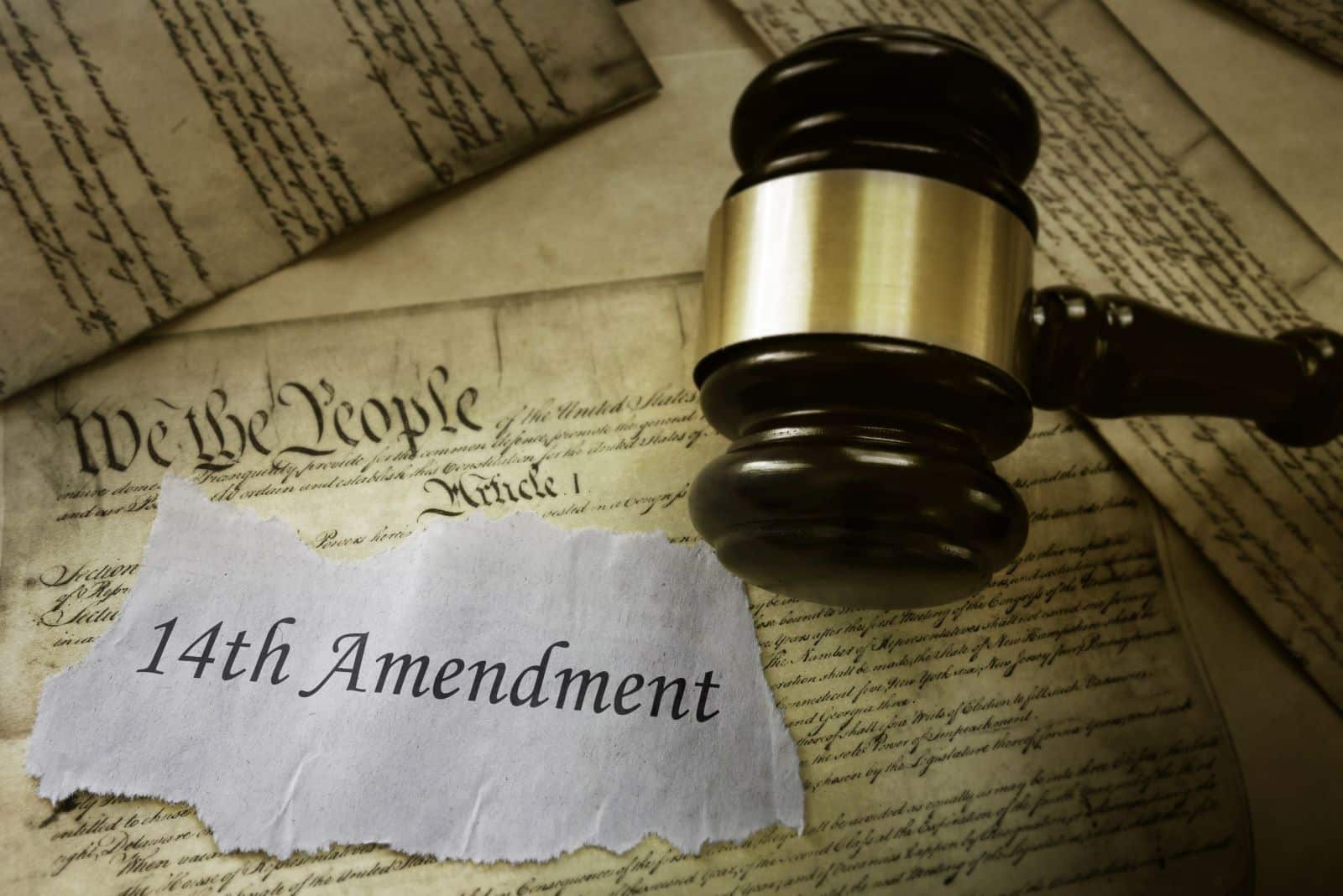
Planned Parenthood alleged that Bill 574 violates a constitutional amendment that requires all state bills to stick to a single subject, as it restricts both transgender medical care and abortion.
Challenge Denied
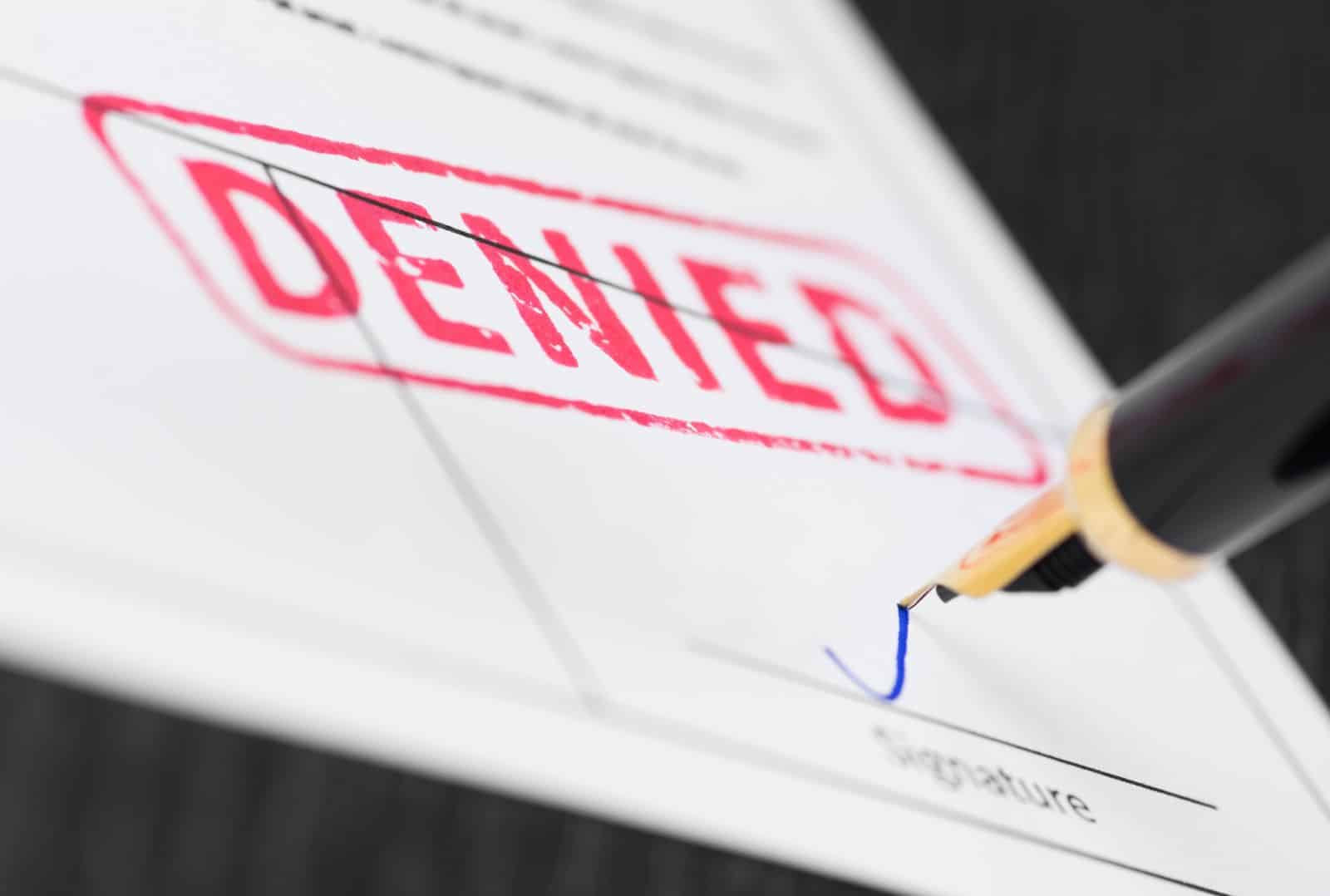
However, the challenge was struck down late last month. While the State Supreme Court acknowledged that transgender medical care and abortion were distinct from one another, they also both fell under the category of ‘healthcare.’
Both Categorized as Healthcare
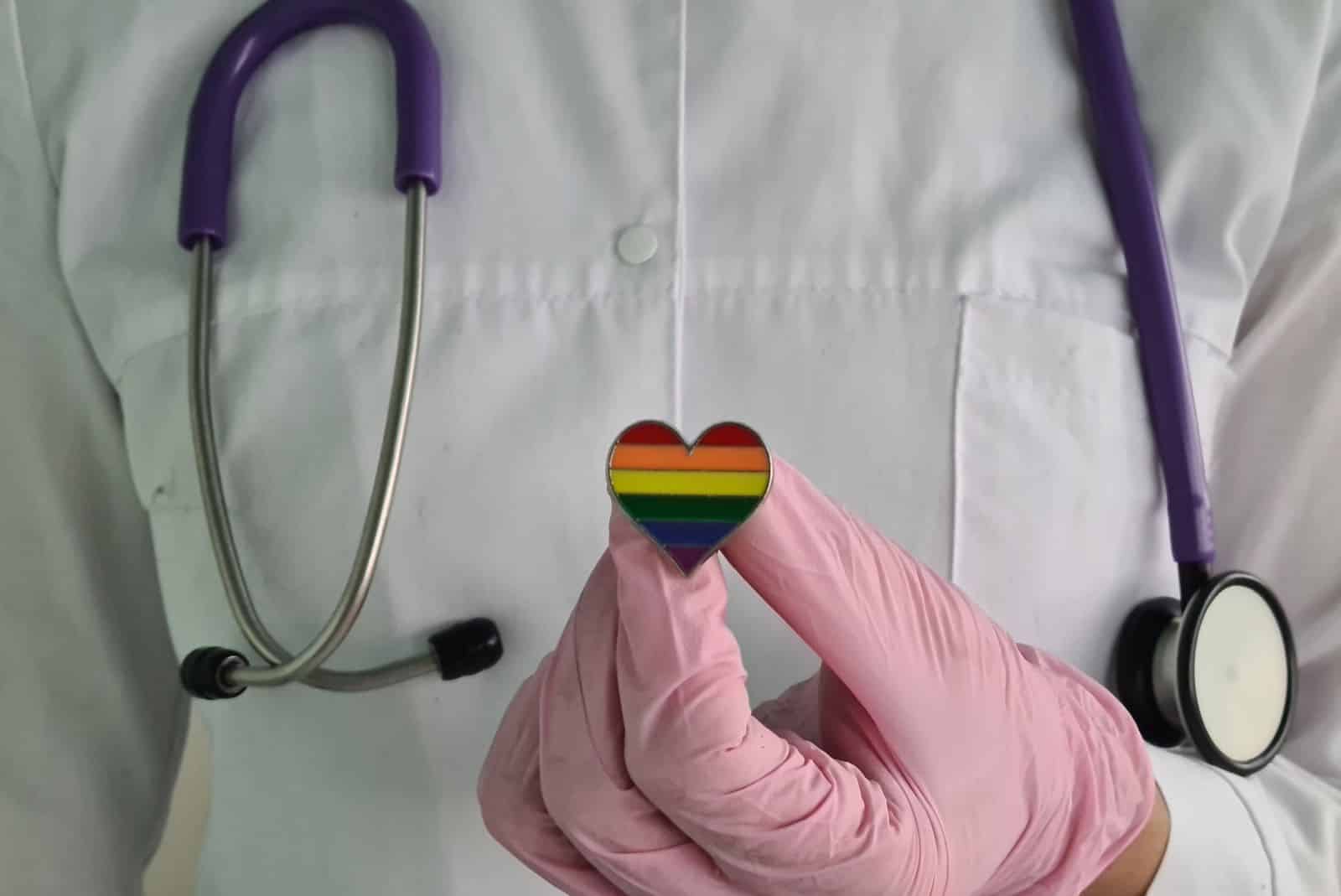
Since both subjects were covered by the “regulation of permissible medical care,” according to court documents, it did not violate the single-subject rule.
An 1895 Ruling
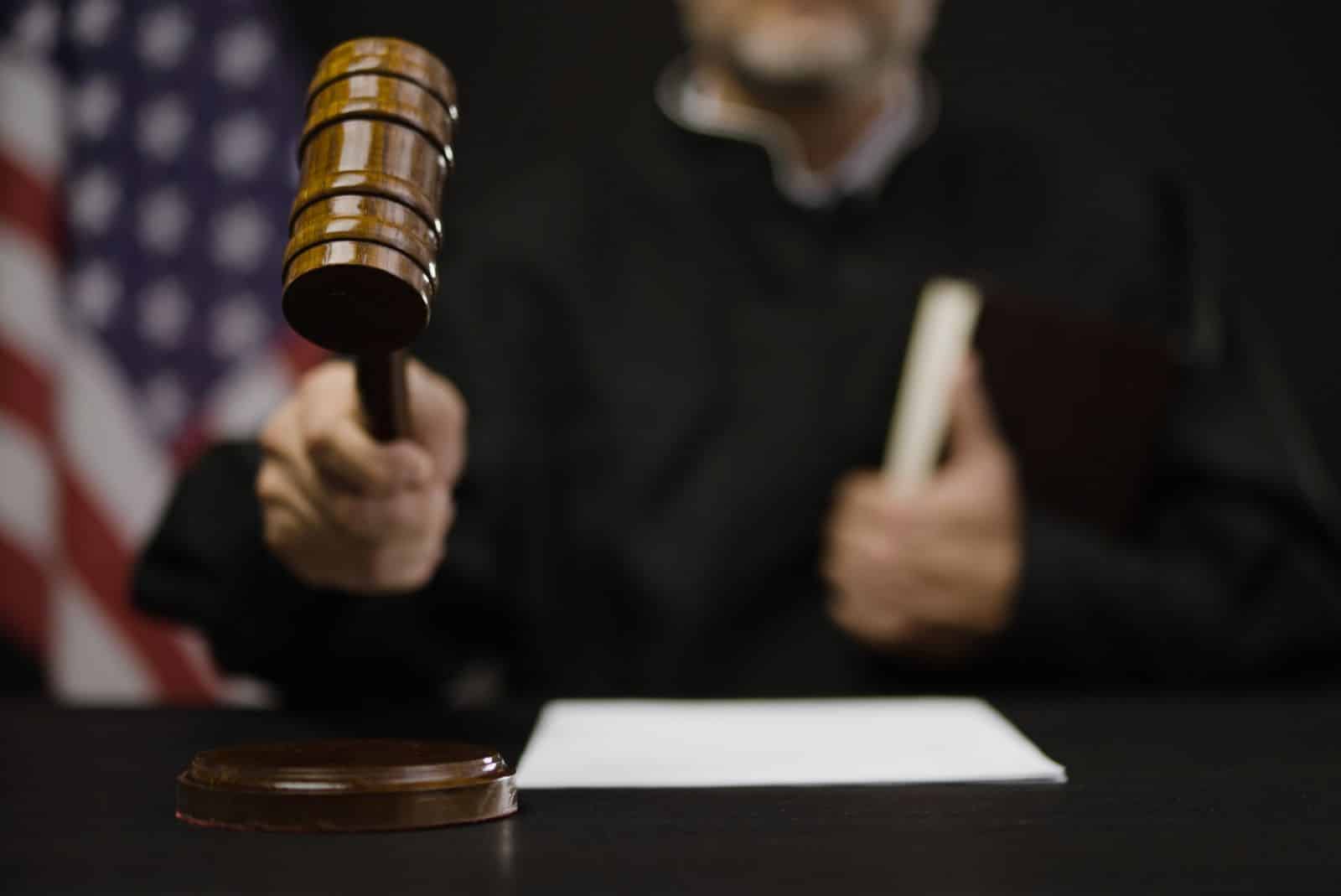
Chief Justice Mike Heavican leaned on an 1895 ruling that offered a broad constitutional definition of a ‘single subject.’
“No Matter How Broad”

“Ultimately, ‘if a bill has but one general object, no matter how broad that object may be, and contains no matter not germane thereto, and the title fairly expresses the subject of the bill, it does not violate,’” he quoted in the court ruling.
Justice Stands Up
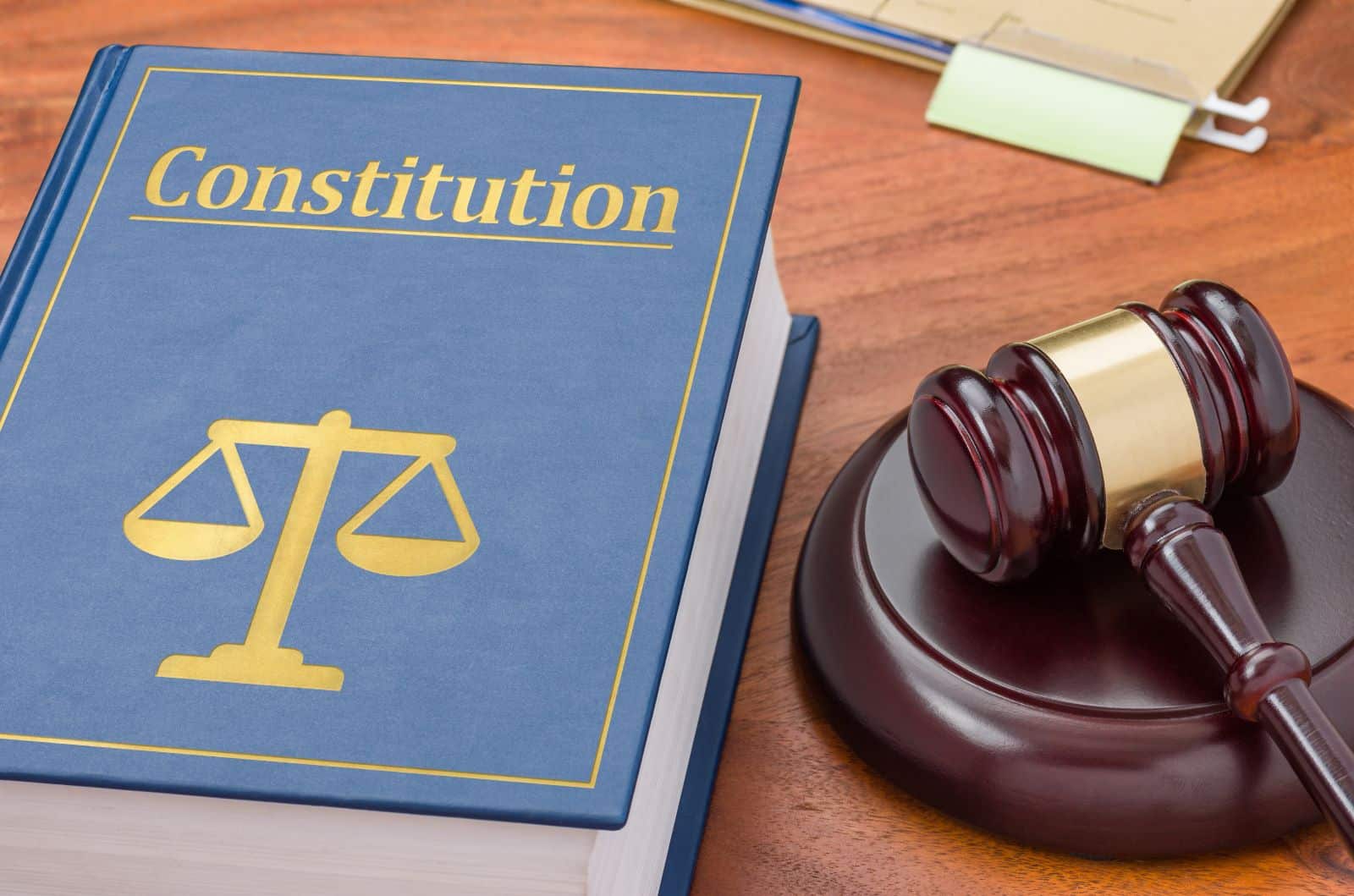
Justice Lindsey Miller-Lerman stood apart from the court, issuing a partial dissent that contradicted the ‘one-subject’ ruling and accused the State Legislature of a failure to write a constitutional bill.
Not Their Role
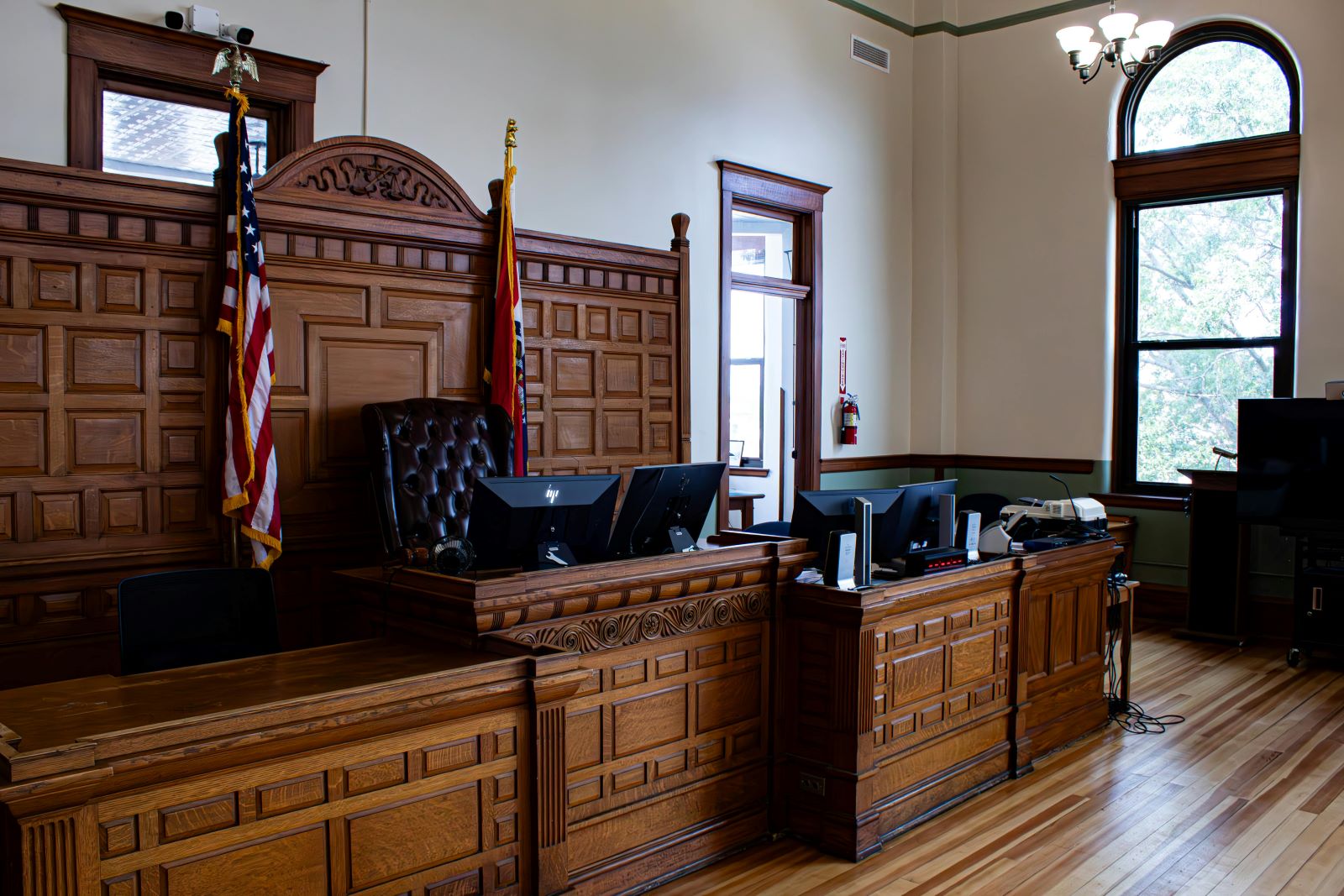
“It was the duty of the Legislature to compose legislation, including titling, which stated ‘one subject’; failure to so compose renders the bill unconstitutional,” Miller-Lerman wrote. “It is not the role of this court to rescue legislative bills.”
ACLU and Planned Parenthood Speak Out

Representatives of both the ACLU and Planned Parenthood and advocates for abortion rights and trans healthcare have decried the court’s decision.
“Heart-Wrenching and Infuriating”
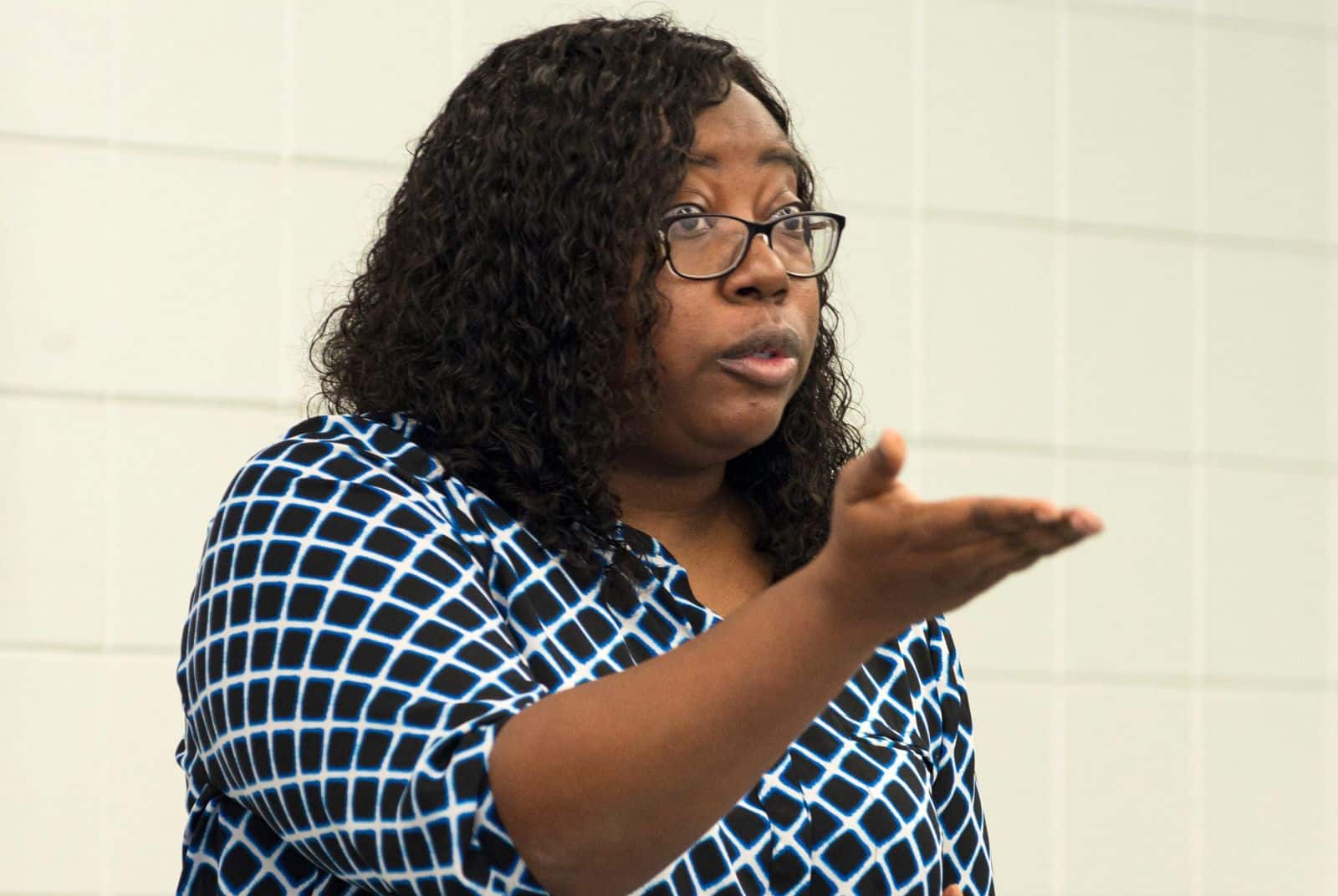
Ruth Richardson, who heads Planned Parenthood for the North Central States, issued a statement calling it “heart-wrenching and infuriating” and confirmed that the organization “will proudly continue providing abortion care up to 12 weeks.”
Not the Final Word
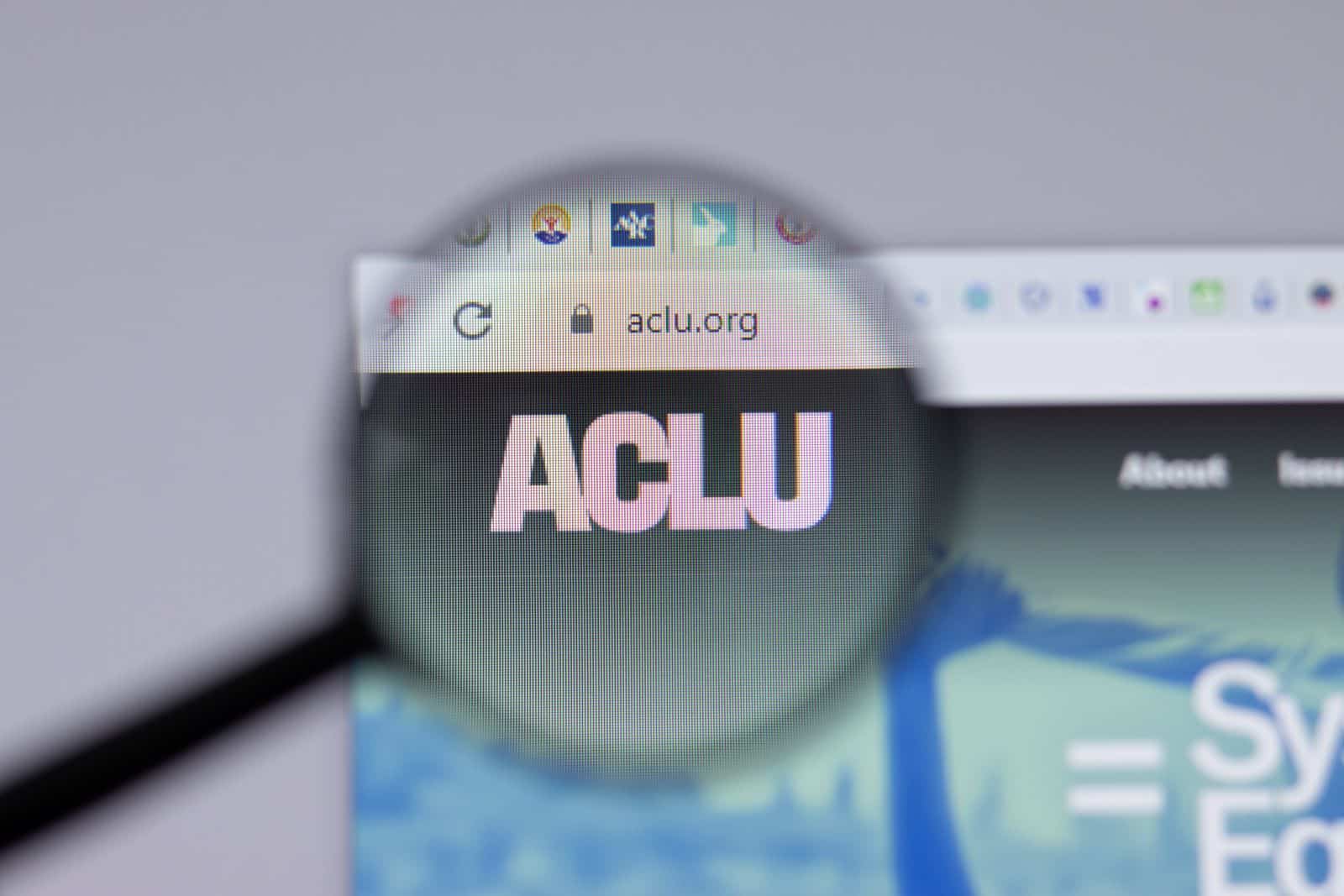
Mindy Rush Chipman, Executive Director of the Nebraska ACLU, also vowed that it “would not be the final word on abortion access and the rights of trans youth and their families in Nebraska.”
Amended Last Year

The combination bill was amended by the state’s Republican-led Legislature and signed into law in March 2023 by Gov. Jim Pillen, who issued a public statement in support of the court’s decision last month.
Gov. Applauds the Decision
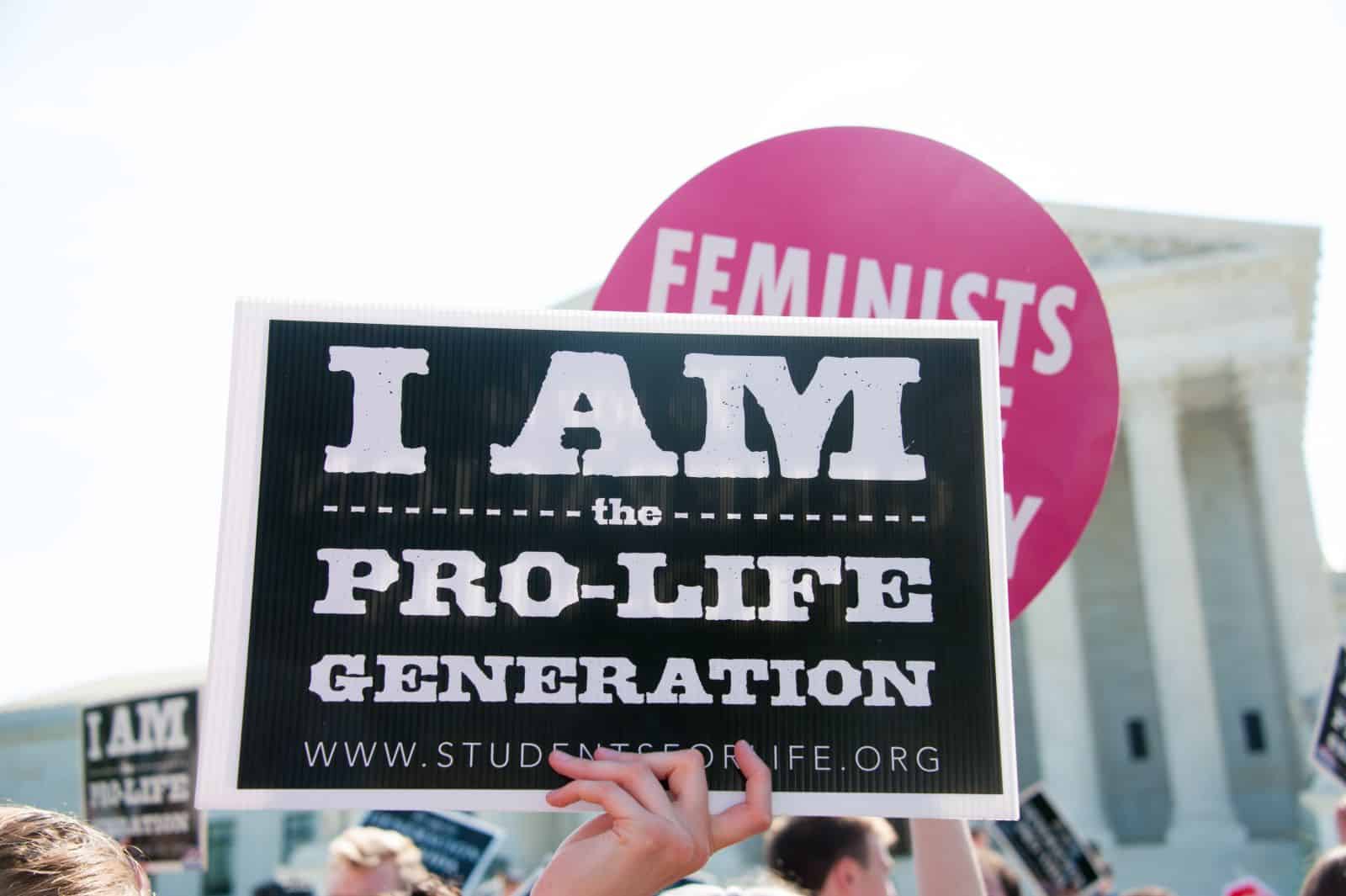
“I am grateful for the court’s thorough and well-reasoned opinion upholding these important protections for life and children in Nebraska,” Pillen said. There was a dark moment last year when many feared that a victory for unborn babies was impossible and that the pro-life coalition might break apart.”
Dismissed, Then Appealed

Shortly after the bill was signed last year, the ACLU filed suit against the state and on behalf of PPH. Though it was initially dismissed in district court in August, the ACLU successfully appealed the decision.
Two Future Ballots
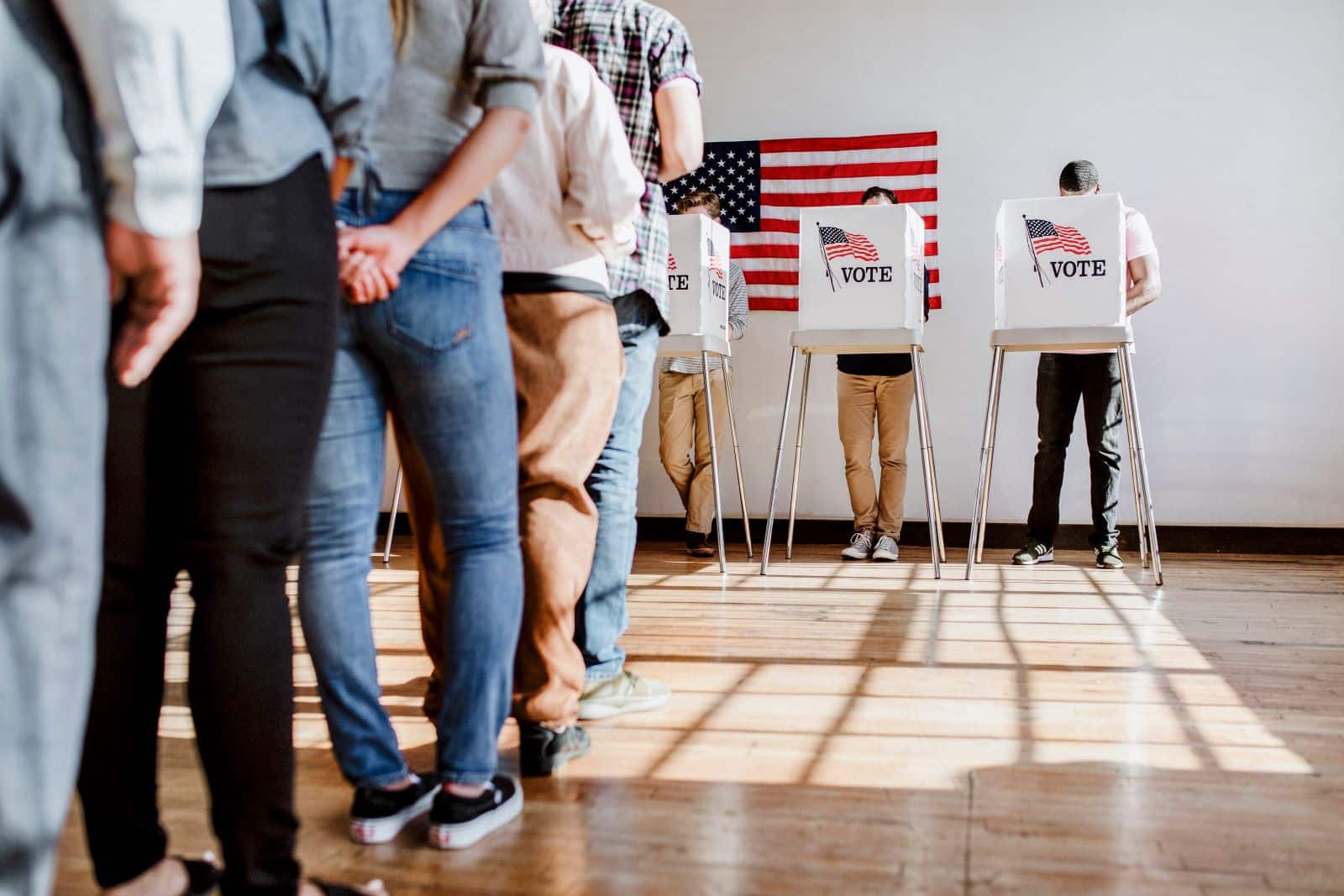
While the ruling has disappointed some, it is far from the end of the abortion debate in Nebraska. In November, state residents will be able to vote on two topical ballots: one to grant abortion as a constitutional right and another to solidify the 12-week restriction under Bill 574.
Roe V. Wade Fallout
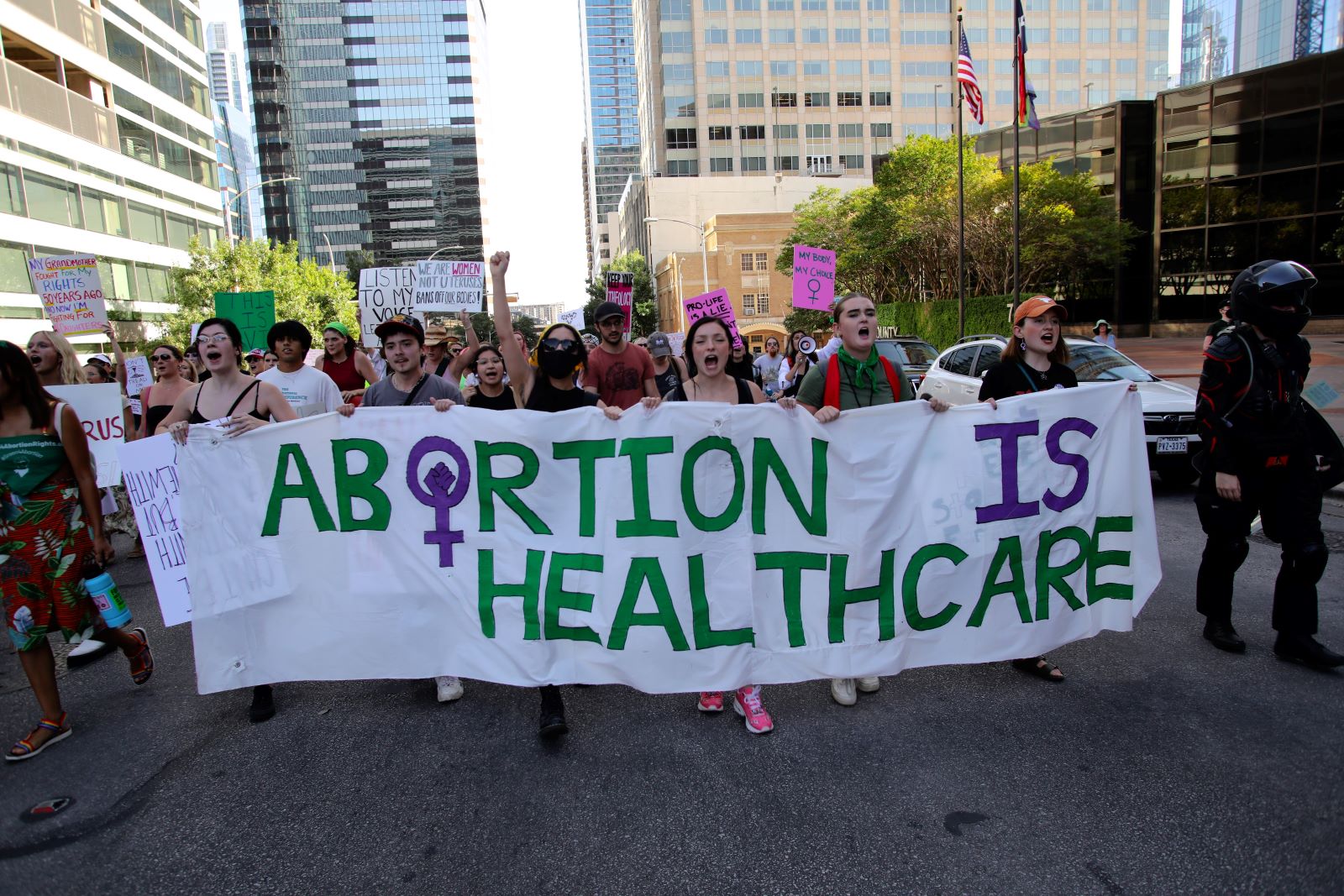
Restrictions and outright bans on abortion healthcare have surged in the US ever since the U.S. The Supreme Court voted to overturn Roe v. Wade in 2022.
Bans and Restrictions Across the Country
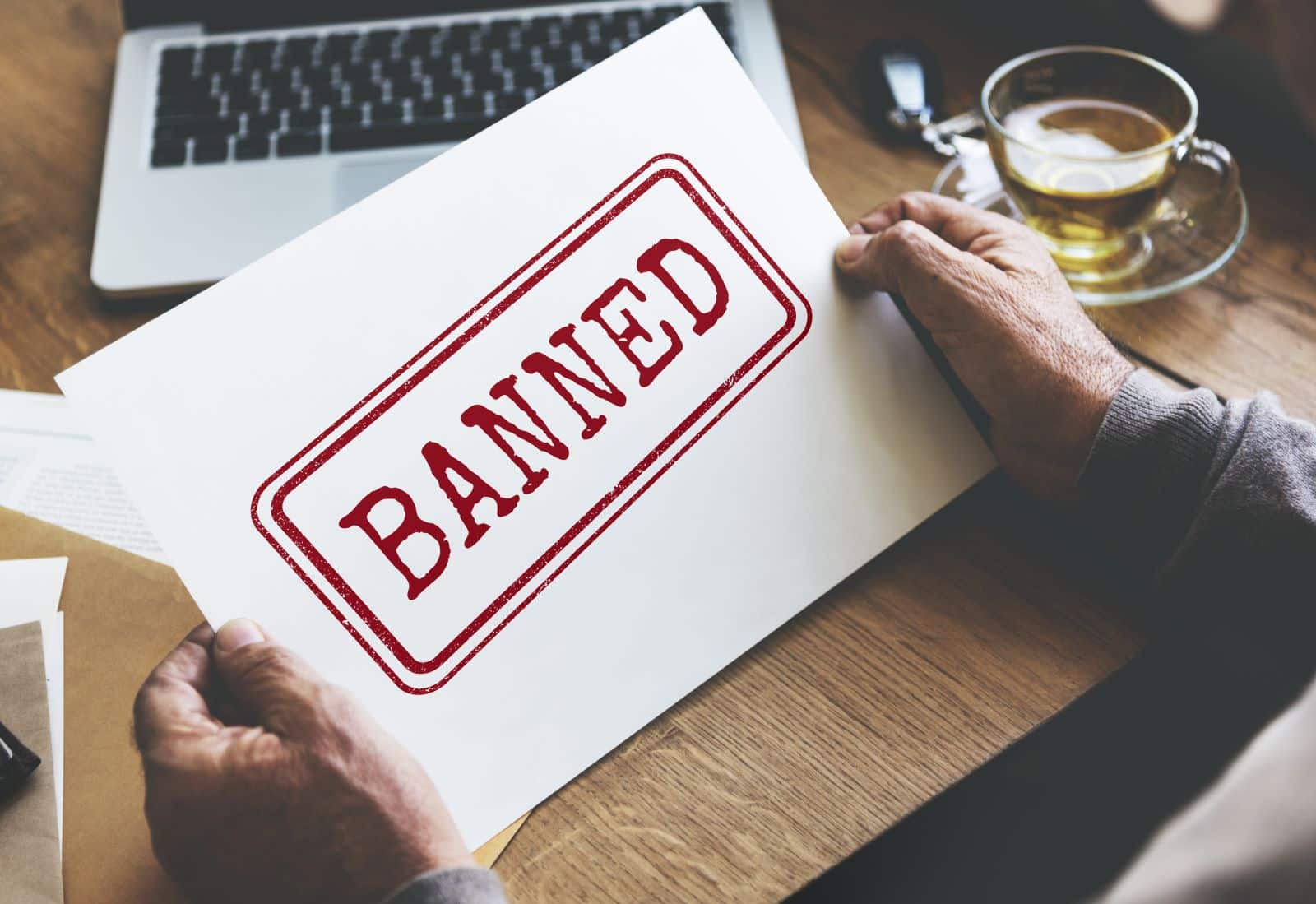
Since then, fourteen states have instituted outright bans against abortion, while others have placed abortion restrictions on pregnancies after 6 and 12 weeks of gestation.
Restricting Healthcare For Trans Minors

The right to gender-affirming care for minors is in an even more tenuous position, as twenty-two states are currently developing legislation to restrict care for transgender minors.
21 Ignorant Lies About Americans the Rest of the World Claims Are True

Americans are often the subject of wild assumptions and exaggerated stereotypes. Are these misconceptions affecting how the world views the average American? 21 Ignorant Lies About Americans the Rest of the World Claims Are True
Flawed Gender Tests: Olympic Committee Sends Plea to Boxing Officials

The International Olympic Committee has declared old boxing gender tests as flawed and illegitimate. This has arisen amid discussions regarding gender in Olympic female boxing matches. Flawed Gender Tests: Olympic Committee Sends Plea to Boxing Officials
Social Security Sham: 18 States Slashing Benefits

When you think about retiring, you might picture relaxing and traveling during your golden years. Social Security benefits help with this, but taxes can change depending on where you live. In some states, you might end up paying more taxes on your benefits. Let’s check out the 18 states where retirees face higher taxes on their Social Security benefits. It’s important to know so you can plan ahead and make the most of your retirement savings. Social Security Sham: 18 States Slashing Benefits
Featured Image Credit: Shutterstock / Dennis MacDonald.
The images used are for illustrative purposes only and may not represent the actual people or places mentioned in the article.

